7 GPTs for Patient Counseling Powered by AI for Free of 2025
AI GPTs for Patient Counseling are advanced AI tools based on Generative Pre-trained Transformers, designed to assist in the domain of patient counseling. These tools are developed to understand and process human language to provide tailored advice, support, and information to patients. They can interpret complex medical terminology, empathize with patients' conditions, and generate human-like responses to assist in therapeutic and counseling processes. By leveraging the capabilities of GPTs, healthcare professionals can offer personalized counseling sessions, making the tools invaluable in improving patient care and support.
Top 7 GPTs for Patient Counseling are: Pharmacist,Pharmacist GPT,MeptiC,PharmaAssist,GptOracle | The Pharmacist,Ortho GPT,Predictive Modeling for ENT Surgical Outcomes
Pharmacist
Empowering Pharmacists with AI-driven Insights

Pharmacist GPT
Empowering Pharmacy with AI
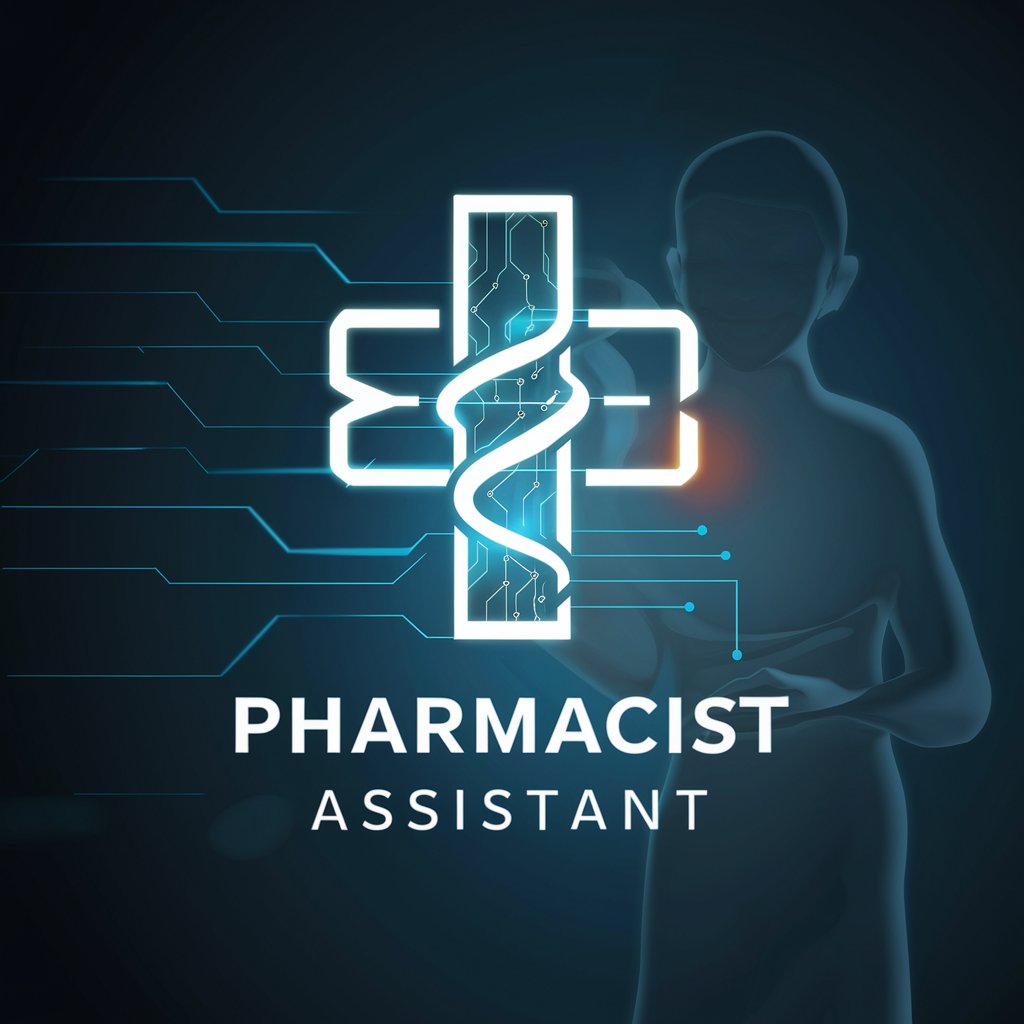
MeptiC
Empowering healthcare decisions with AI
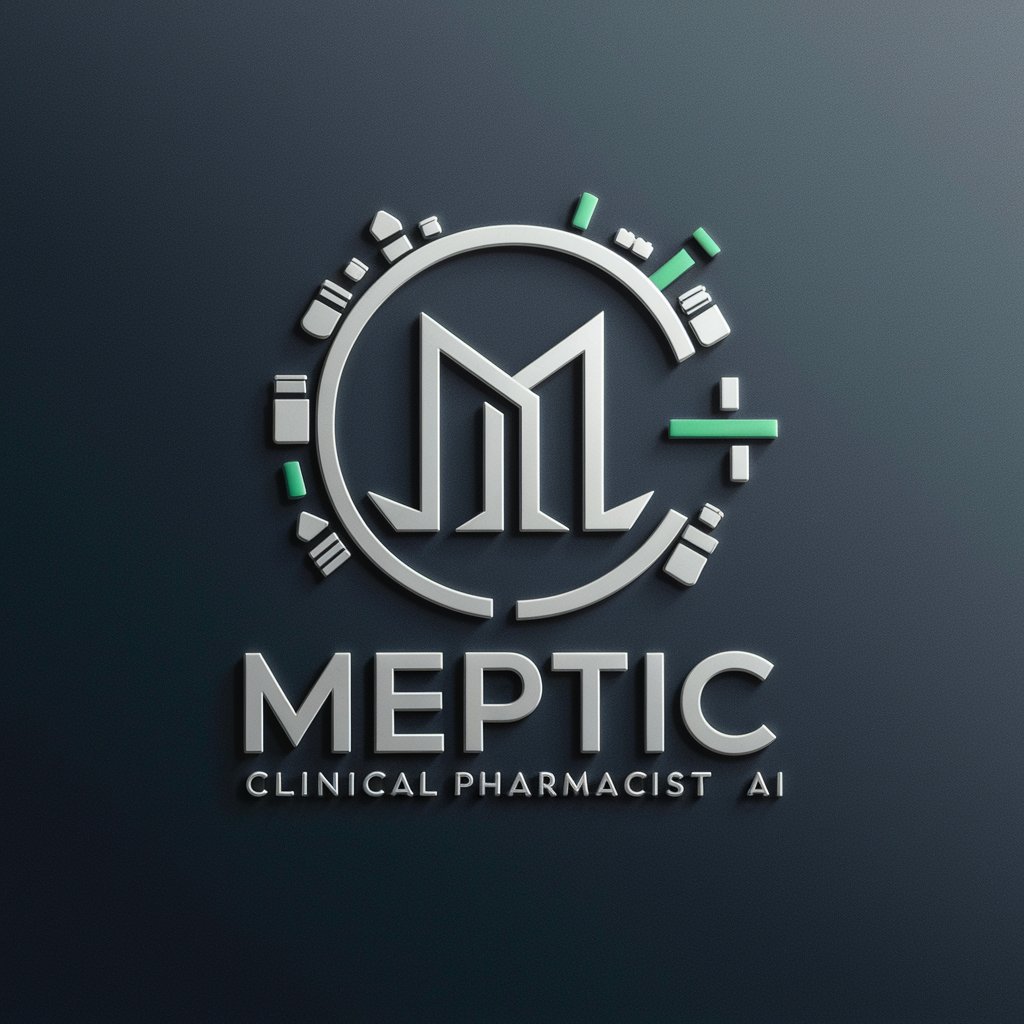
PharmaAssist
Empowering pharmaceutical expertise with AI.
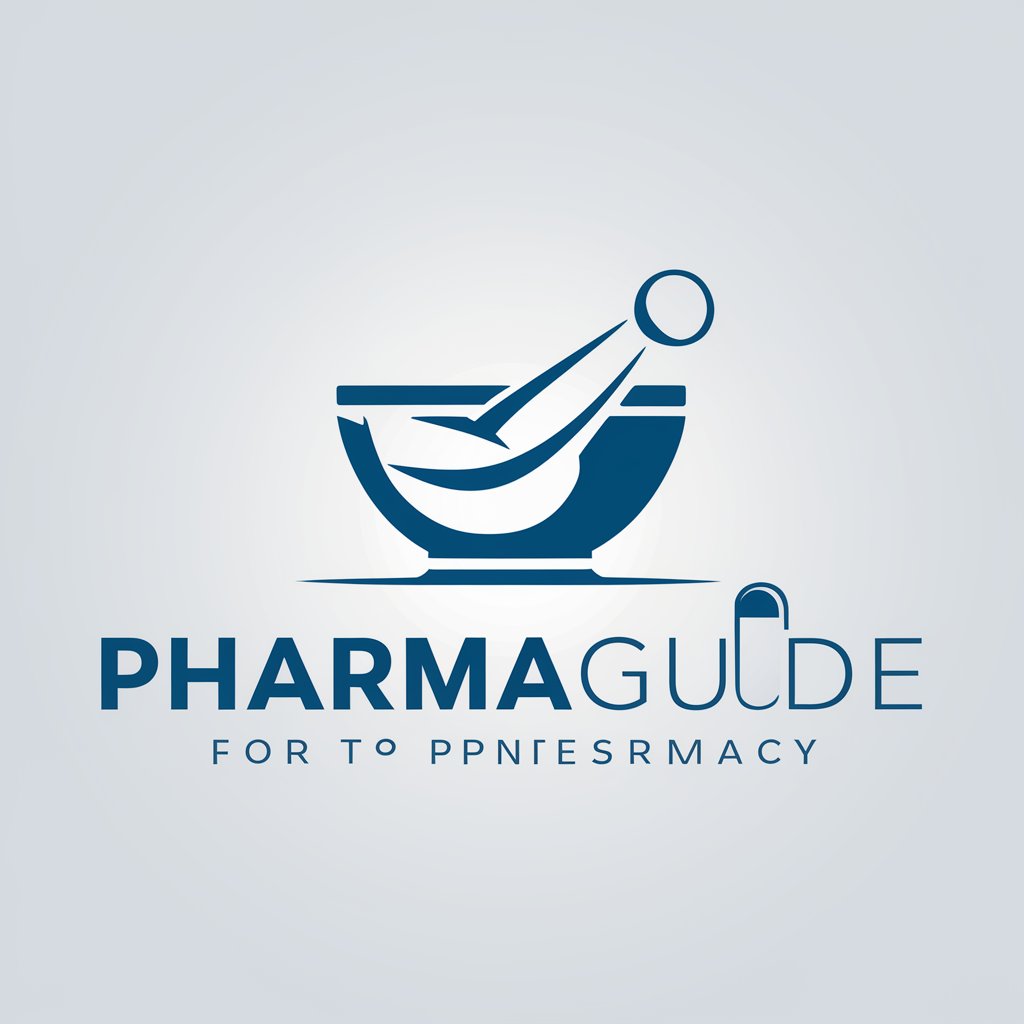
GptOracle | The Pharmacist
Empowering informed medication decisions with AI.
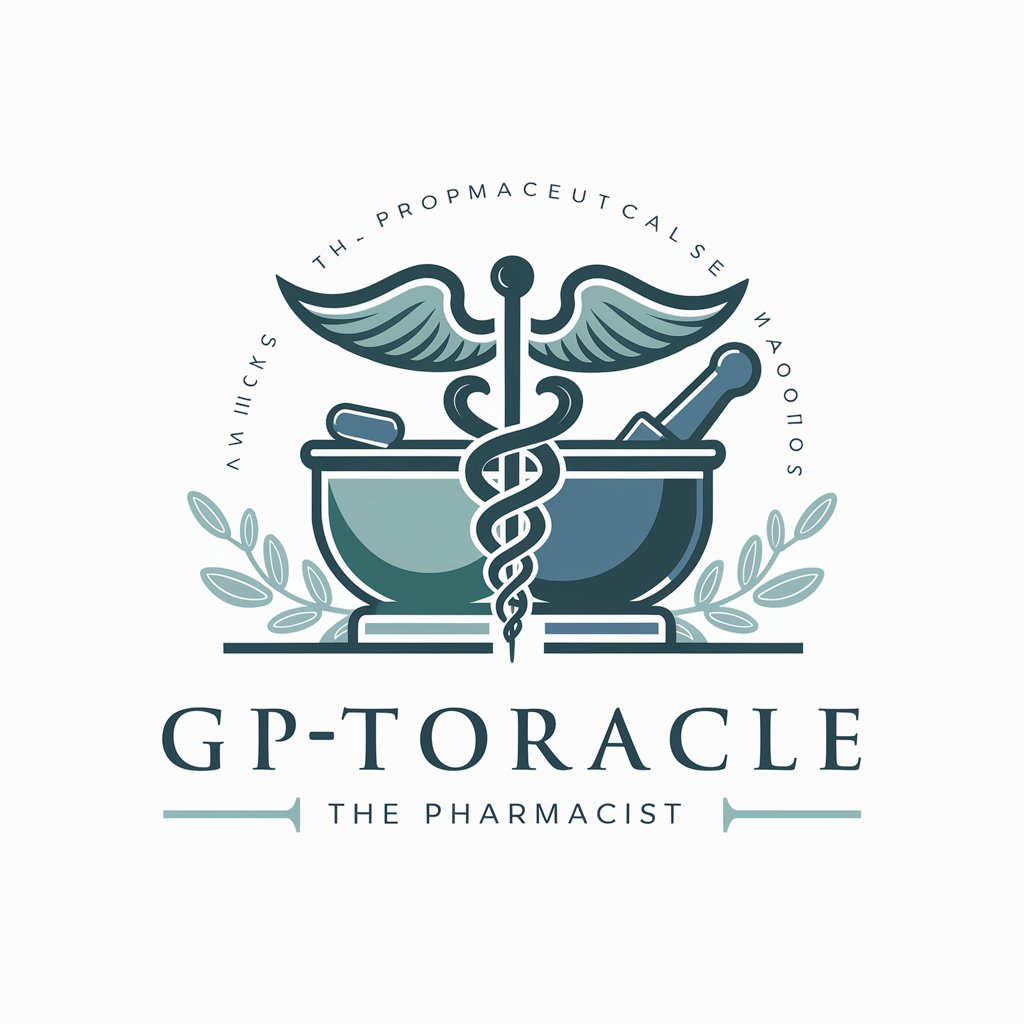
Ortho GPT
Empowering orthopaedic care with AI.
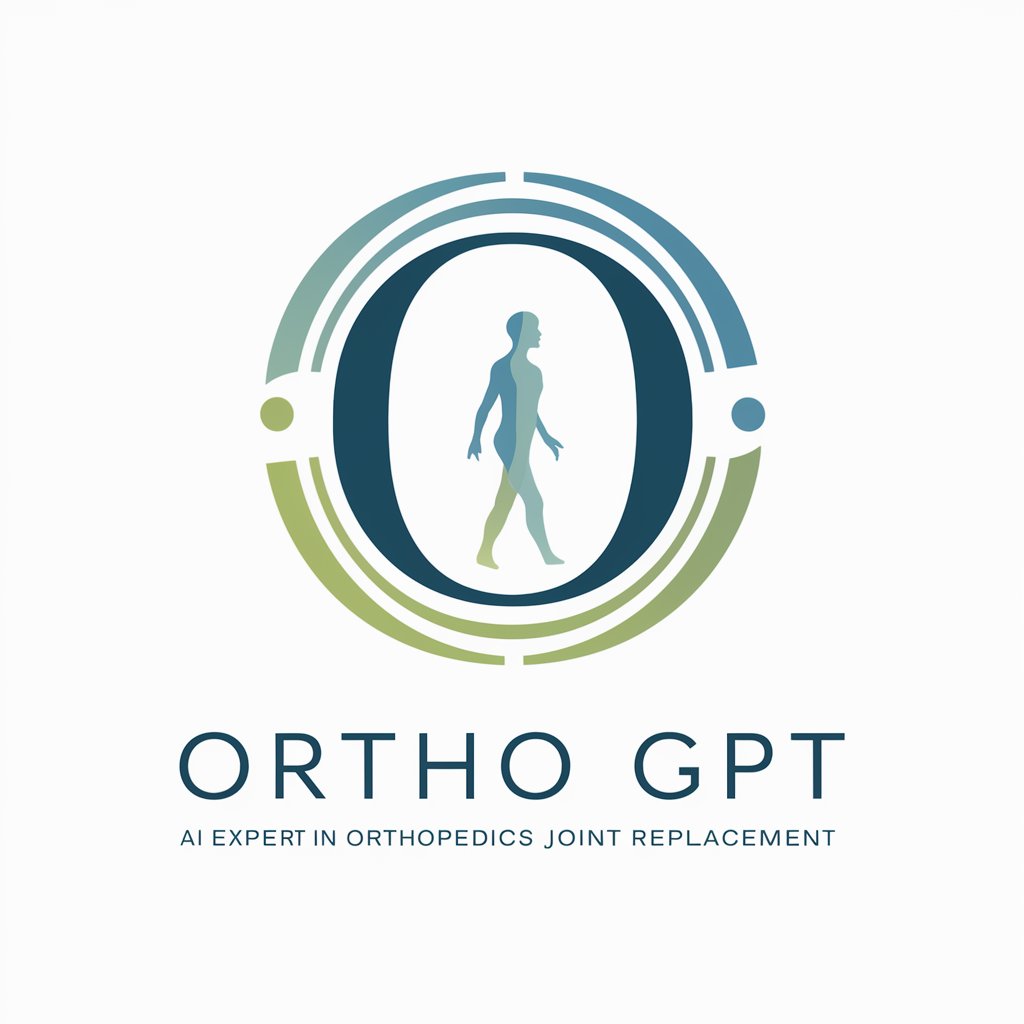
Predictive Modeling for ENT Surgical Outcomes
Predicting ENT Surgery Outcomes with AI
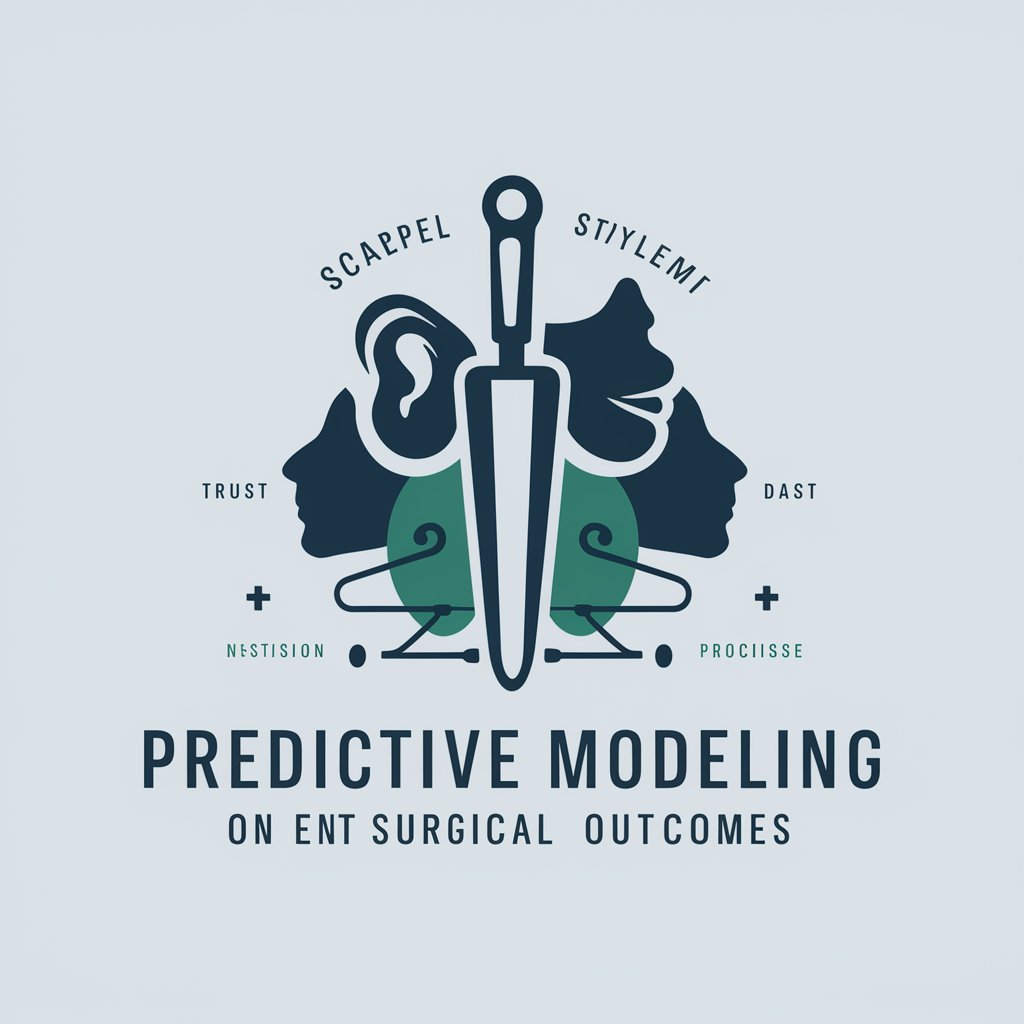
Key Attributes of AI GPTs in Patient Counseling
AI GPTs for Patient Counseling are equipped with several unique features that make them ideal for the healthcare sector. These include the ability to process and understand complex medical jargon, generate empathetic and contextually relevant responses, and maintain patient confidentiality. Enhanced by machine learning, these tools adapt and improve over time, offering increasingly accurate and personalized patient support. Capabilities such as multilingual support, integration with electronic health records (EHRs), and compliance with healthcare regulations (like HIPAA in the US) further distinguish them. Some GPTs also offer data analysis for patient feedback and outcomes, contributing to a holistic approach in patient care.
Who Benefits from Patient Counseling AI Tools
The primary beneficiaries of AI GPTs for Patient Counseling include healthcare professionals, therapists, and counselors seeking to augment their patient interactions with AI-driven insights and support. These tools are also invaluable for healthcare institutions aiming to streamline patient counseling services. For individuals without coding skills, these AI tools provide an intuitive interface for interacting with patients. Meanwhile, developers and IT professionals in the healthcare sector can customize and integrate these tools into existing systems for enhanced functionality.
Try Our other AI GPTs tools for Free
Pharmacy Management
Revolutionize your pharmacy operations with AI GPTs. Enhance efficiency, accuracy, and patient care with our advanced, user-friendly AI solutions tailored for pharmacy management.
Memory Keepsake
Explore AI GPTs for Memory Keepsake: innovative tools transforming personal memory preservation with dynamic storytelling, image generation, and emotional engagement.
Pet Celebration
Discover how AI GPTs for Pet Celebration use advanced technology to personalize your pet celebrations with unique ideas, stories, and care advice.
Gift Idea
Discover how AI GPTs for Gift Idea can transform your gift-giving experience with personalized, thoughtful recommendations tailored to every occasion and recipient.
Data Insight
Discover AI GPT tools for Data Insight, your gateway to transforming complex data into actionable insights with ease and precision. Tailored for both novices and professionals.
Subscriber Trends
Explore AI GPTs for Subscriber Trends, the ultimate tools for predicting and understanding subscriber behavior with cutting-edge AI technology. Tailored for both novices and professionals, these tools offer actionable insights to optimize your digital strategy.
Further Exploration into AI GPTs for Patient Support
AI GPTs for Patient Counseling are not just tools for interaction; they are evolving partners in healthcare. They offer a scalable solution to enhance patient care without compromising the personal touch essential in counseling. With the integration capabilities, these AI tools can be seamlessly incorporated into existing healthcare IT ecosystems, ensuring that they complement rather than complicate the patient care process. The user-friendly interfaces mean that adopting these advanced technologies does not require extensive technical training, making them readily accessible to a broad audience within the healthcare sector.
Frequently Asked Questions
What exactly are AI GPTs for Patient Counseling?
AI GPTs for Patient Counseling are artificial intelligence tools designed to assist in counseling by understanding and responding to patient needs with human-like empathy and accuracy.
How do these AI tools maintain patient confidentiality?
These tools are designed with strict data protection and privacy measures, ensuring all patient interactions are secure and compliant with healthcare regulations.
Can these tools understand complex medical terminology?
Yes, they are trained on vast medical literature to understand and process complex medical terminology accurately.
Are these AI tools capable of multilingual support?
Yes, many AI GPTs for Patient Counseling offer multilingual support, making them accessible to a wider range of patients.
How can healthcare professionals customize these AI tools?
Professionals can customize these tools through programming interfaces provided by the developers, allowing for integration with existing healthcare systems and customization according to specific counseling needs.
Do these tools require coding skills to use?
No, many of these tools are designed with user-friendly interfaces that do not require coding skills, making them accessible to healthcare professionals without IT backgrounds.
Can these AI tools replace human counselors?
While they provide significant support, they are intended to augment human counselors, not replace them, by handling routine inquiries and providing initial support.
How do AI GPTs adapt to individual patient needs?
AI GPTs learn from interactions, allowing them to better understand and adapt to individual patient preferences and needs over time.